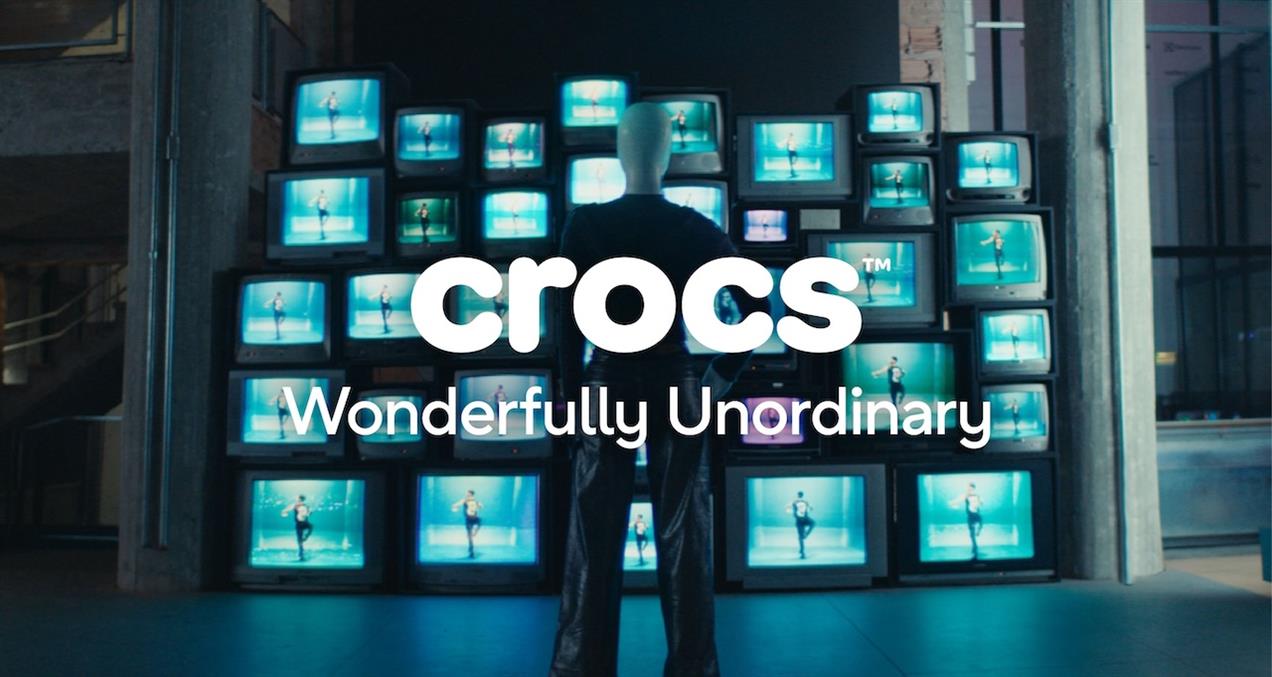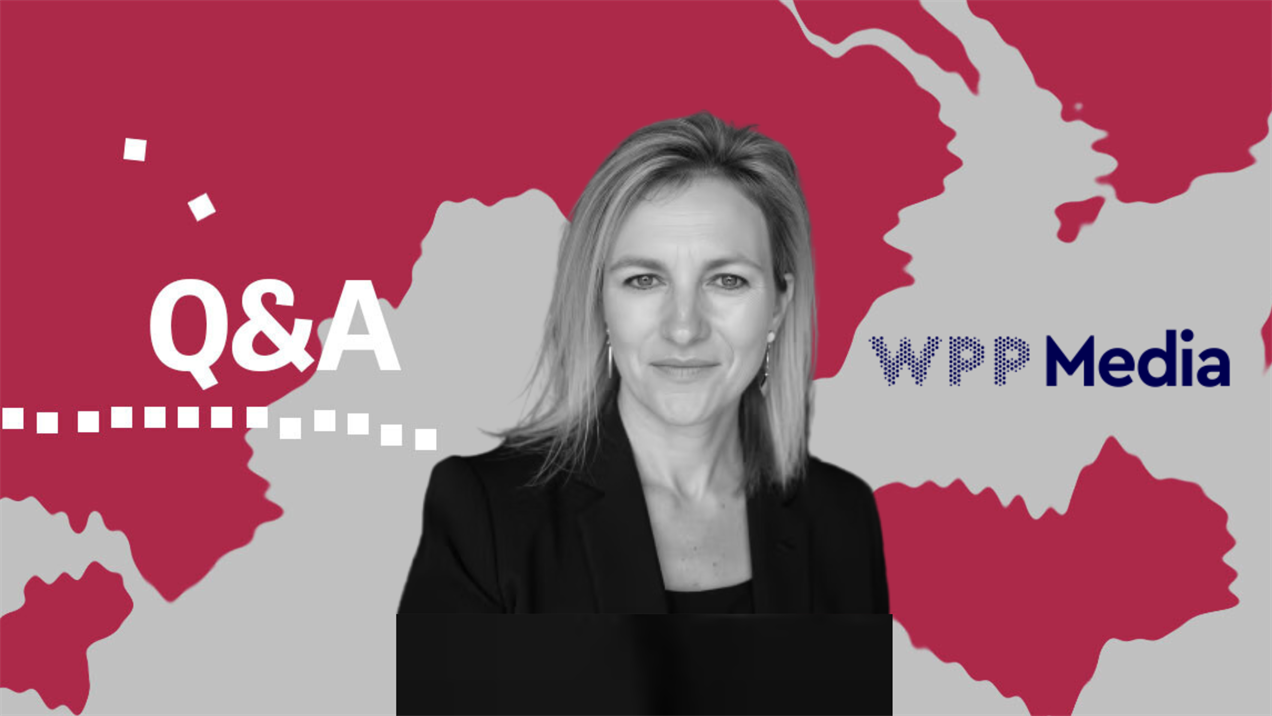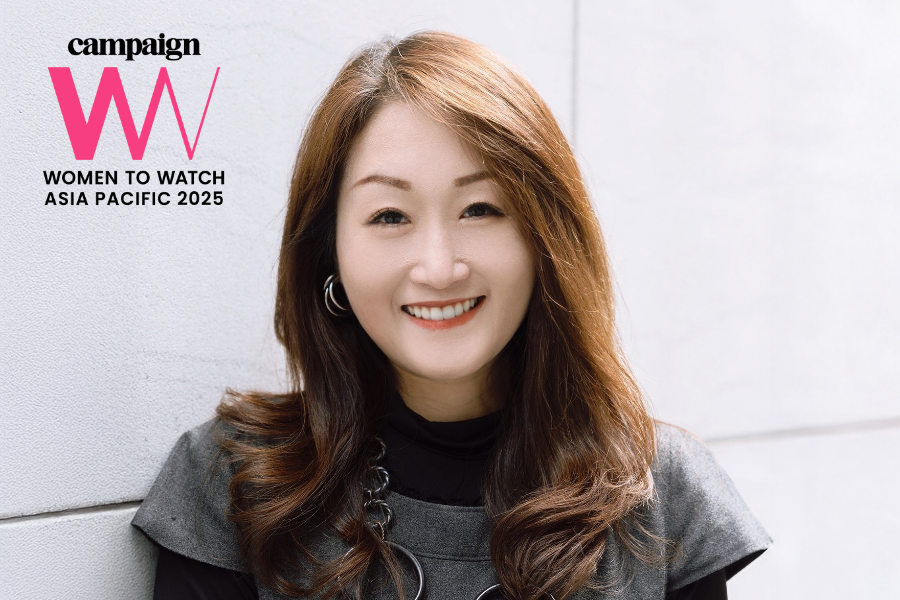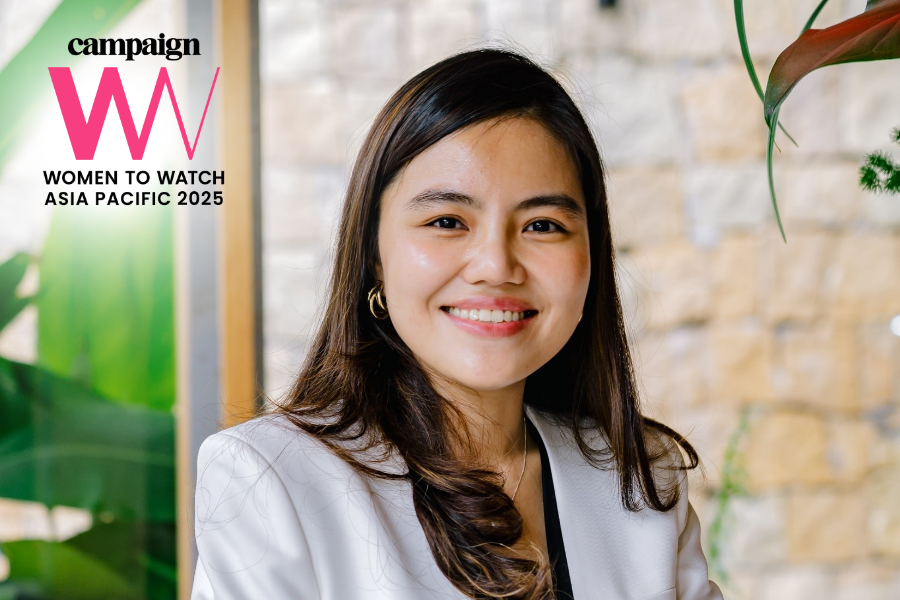The parameters of inclusion have changed irreversibly. Leaders of remote teams are faced with challenges as the boundaries between work and home lives vanish. Zoom has become a window into our colleague’s lives. The picture we see brings a whole new meaning of ‘bringing yourself to work’. We know three in five workers normally ‘cover’ their identity at work. In this new Zoom world, there is nowhere to hide.
Lockdown itself is manageable for those with privilege
We all live in different kinds of spaces. Many dwell in confined spaces, with flatmates or family vying for ‘remote work space’ in tiny apartments where WiFi bandwidth is overloaded. Some have moved back in or are living with abusive partners, parents or disapproving in-laws (we hear this from our LGBTQIA+ community). Home office setups mean working conditions for staff can vary enormously. Do they have what they need to be successful?
It is a myth Covid-19 doesn’t discriminate
There is a profound body of evidence showing it is disproportionately impacting people of color, with many frontline medical staff and patients losing their lives. Colleagues and friends aren’t able to say goodbye and the grief is unbearable. We know many talent programs aimed at bringing young multicultural talent into our workplaces are being slashed. This is shortsighted given that having digital natives, innovative thinkers, and consumers who understand the new consumer journeys are just the kind of people who will help future-proof the work we do. For many communities, multi-generational living is a way of life. According to the Resolution Foundation, 80 percent of South Asian households are multigenerational with people of 70+ living with them, compared to 30 percent of white households. There is less physical space in many of these homes, which means ‘self-isolating’ is challenging. As Shelina Janmohamed, VP of Islamic Marketing at Ogilvy Consulting says in Campaign UK: ‘It is immediately obvious that a one-size-fits-all strategy is not going to work. In fact, it is so important that it may literally be a matter of life and death.’
Will gender equality for the sector be set back by decades?
Parents and carers are also one of the hardest hit groups. Single parents, especially mothers, are being furloughed in droves or asked to take ‘unpaid parental leave’. In an open letter to the Chancellor in the UK, Working Families—a charity improving work-life balance—addressed the higher proportion of women being dismissed or furloughed due to COVID concerns. It’s increasingly obvious that the societal ‘reset’ that comes with lockdown translates to a return to regressive gender norms.
This is amplified for parents of children who are neuro-divergent. For example, some people with autism can find disruption to routine unsettling and overwhelming. While lockdown restrictions have been relaxed for people with some conditions, balancing work and childcare without support plans seems insurmountable.
Lockdown is not a paradise for introverts
It doesn’t take many Zoom calls to recognize the difficulties for introverts during this crisis too. Facing many people online at once can be daunting, having a share of voice can be difficult, and wifi connectivity presents another challenge. This is where it falls on leaders to use their influence to maintain inclusivity. Allow your staff to use different video backgrounds if they are worried about what people will think of their living environment. It’s also important to give everyone a share of voice—call on people who haven’t had a chance to speak and actively encourage their contributions.
Isolation can mean deep loneliness
Suddenly—and unexpectedly—isolating from friends and family in a scenario that would’ve been unthinkable just months ago is overwhelming, to say the least. Loneliness can affect our mental health and the way we show up to work, particularly in an environment that feels surreal and unusual. Yet from adversity stems opportunity. It’s easy to create a buddy system to check in with people who live alone or put in more regular 1-2-1s and chats over coffee to catch up with your colleagues. This is even more important for furloughed workers.
Right now, partners of essential workers are also finding themselves on the front line. The burden of anxiety placed on people who house-share with those in ‘essential’ jobs is ever-growing, alongside their long-term exposure to the virus.
How can we be inclusive when our normal patterns of interaction are so completely disrupted?
What does this mean for inclusion? It’s important to shift our ways of working to accommodate: work proactively with the parents and caregivers on your team. This might mean reassuring them that having kids in the back of video calls is normal, or working around their schedule (including avoiding lunchtime meetings or working around nap times to ensure everyone can work at their own pace).
Provide understanding, kindness and empathy
While employers can’t directly change the lives of their employees, they can mediate the stress and anxiety that comes along with this through compassion. This can be as simple as one-word check-ins at the start of a meeting: how are you arriving today? Naming and normalizing emotions allows us all to know we are this together. It’s more important than ever for leaders to be vulnerable too. The question should be how we can be there for each other, to ask what people need and to have deep empathy.
Employers who are inclusive right now will be respected in the future
This is the time to show up for inclusion in your community and with your staff more than you ever have before. We’re calling on employers to genuinely show that they care, to drive an inclusive culture forward. We’re calling on a move away from the way things were, to establish a ‘new normal’ that’s more inclusive and representative of the way we live our real lives. We hope by taking off some of our work ‘masks’ we’ll be able to see each other in a new light and create better engagement with our staff by leading with deep empathy and kindness.
Ali Hanan is the CEO of Creative Equals.
Join Creative Equals on April 29, 9-10am GMT for a session on Inclusive Remote Working.











